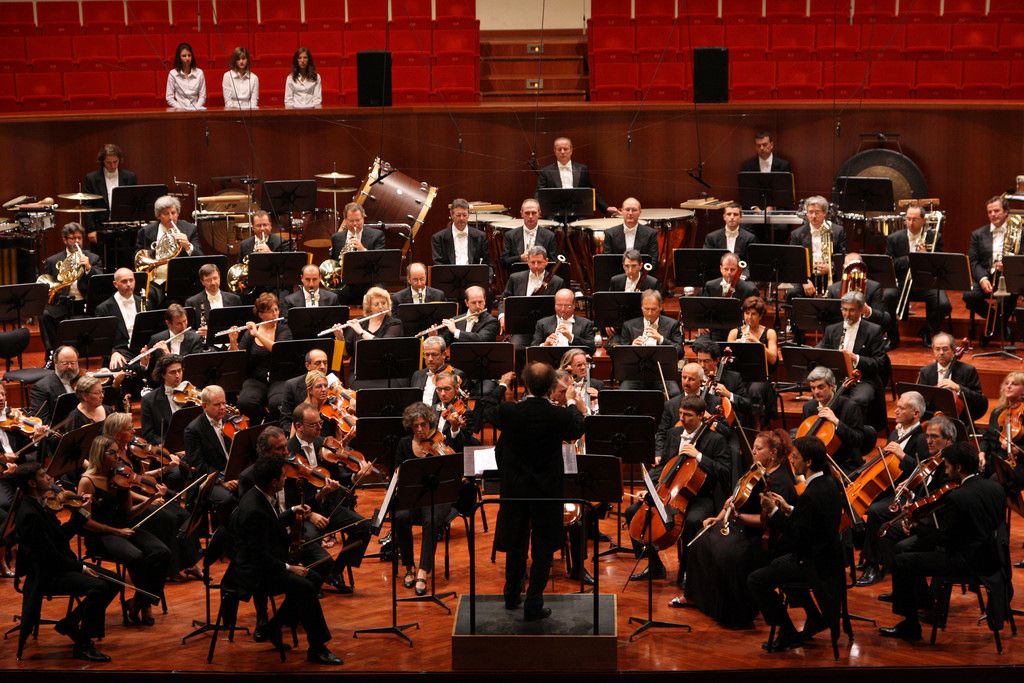The classical roots of modern music culture
To say that classical music has an enduring influence is an understatement. Musical genres are constantly in flux, not existing in a vacuum but flowing in and out of each other. Bach’s baroque style influenced Mozart’s classical style, which led to Romanticism. If you have ever heard music with a chorus, then you’ve heard music that owes a lot to classical music. Classical music has given us much more than structure and form. In more subtle and interesting ways, it has given us the modern musician. This must all start with JS Bach, whose shadow looms over not only classical but all music. To describe Bach’s genius is an exercise in futility. All we can do is follow Albert Einstein’s advice on Bach: “listen, play, love revere – and keep your trap shut”.
Musical culture also stems from the classical. Everyone will know the cults of personality that develop around iconic musicians. Whether it be Morrissey or Kanye, some musicians stand apart from their music. They are not so different from one of the most eccentric composers, Ludwig van Beethoven. Stories about Beethoven are legendary. He would chastise crowds, talk over other musicians, and only play when he felt inclined. Yet everyone accepted this. Beethoven was given permission to ignore court etiquette, so vast was the love for him. He was unable to perform past his early 30s due to becoming increasingly deaf. The mystique around him grew as he became more focussed on composition.
Classical music has given us much more than structure and form. In more subtle and interesting ways, it has given us the modern musician
The best was yet to come in 1824 when he premiered his Ninth Symphony to an expectant Viennese crowd. He had not made a public appearance in 12 years. Beethoven could not hear the crowd’s applause, but the crowd heard Beethoven’s struggle. Beethoven’s Ninth did not click with the aristocracy but was loved by others. When Beethoven died in 1827, he was a celebrity in his own right, in a way his celebrity made him the first rock star. He was unlike the recluse Bach. Not only did his music speak for itself, but his character and personality matched it.
If Beethoven was the first ‘rock star’, then the closest to a modern frontman was Niccolò Paganini. Paganini’s virtuoso violin playing was mythical, he resembled a classical Freddie Mercury. Some claim he struck a Faustian bargain in return for his skill. Stories circulate that he would cut one or two of his strings and carry on playing the piece. Scholars now say that he may have had long fingers as a result of a genetic disorder. Whatever the case, Paganini was an extraordinary performer. He even composed 24 Caprices for solo violin. Unsurprisingly they are demanding for even the most accomplished violinist. We owe far more than we know to the elusive Italian than might first appear.
Above all there was Chopin, a proto-John Lennon
The trend started by Beethoven and Paganini reached its climax in the Romantic era with Liszt and Schumann. Yet above all, there was Chopin, a proto-John Lennon. Chopin was a star from a young age, performing in front of the Russian Tsar when he was 11. Recognised as one of the finest composers and performers of his era, he was linked with political insurrection and detested his celebrity status. The Beatles’ retirement from concerts in 1967 was very similar. In the final years of his short life, he rarely performed, dying before his 40th birthday a Romantic genius and leaving a legacy unequalled by any other.
From Bach to Beethoven, to Paganini and Chopin, classical music influenced modern music in many ways. Yet it was also responsible for modern musical culture: the cult of celebrity, the flamboyant performer, and the suffering genius. In ways such as this, we must always consider how much of our musical culture is indebted to those who came before. Maybe we can even rethink our preconceptions about classical music, which don’t accommodate a Paganini or Chopin.

Comments